One of my go-to book purchases at the end of the year is the DeCapo Best Music Writing anthology. There’s no way for me to keep up with all the excellent music writing out there – in print and online – and I trust the editors of this anthology to clue me in on what I may have missed.
Over the past few years, I’ve noticed that more and more of the selections for the book have come from blogs – not just webzine-style blogs, either, but personal blogs. It’s a nice nod to all the underemployed professional music writers who continue to write on their own and also to fans and non-professional music writers who have a strong writing voice. One of the things I enjoy about the series is that it doesn’t privilege professional writers just because they have an official byline from a print publication behind their name, all are lauded for the strength of their writing, regardless of the publishing format.
But these days, even blogging seems a bit old-school and slow moving in an environment where music news routinely breaks and occurs on Twitter. (Of course, there are dangers to the format, as proven by the misinformation merry-go-round that surrounded R&B singer Teena Marie’s death in December.)
This past December, the Village Voice awarded the title of Music Critic of the Year to @discographies, an anonymous Twitter account that sums up the music careers of an artist within Twitter’s 140 characters of less format. Some traditionalists balked, but the recognition is valid. @discographies manages to sum up in 140 characters of less what some music writers can’t manage in a book, while staying witty and opinionated.
I am embarrassed to admit that I haven’t yet finished all of DeCapo’s Best Music Writing 2010, yet I read @discographies daily, in addition to other music twitter feeds and blogs. As much as I respect and enjoy the craft of long form music writing, the quickly digestable online nuggets of music criticism are what I gravitate to more often these days. I don’t think that the rise of short-form music writing has to come at the expense of traditional music writing, in fact, I think there’s an opportunity for broader discussion and sharing among music fans and critics. The voice behind @discographies agrees, saying:
Music criticism is part of the lifeblood of Twitter: every second of every day, people are out there psychoanalyzing Kanye or raving about Cee-Lo or going to a show and tweeting “jeez, Malkmus looks bored tonight.” I think Twitter is a new kind of vessel for delivering content; maybe even a transformative one. And one of the nice things about it is its neutrality: it’s as well suited to music criticism as it is to sharing recipes or storytelling or the (allegedly) funny remarks that were (supposedly) uttered by someone’s dad.
The concept of crowd-sourced music criticism/journalism really appeals to me. I’ve been on Twitter while some of my friends and acquaintances have been at the same concert. To follow their passionate, sometimes contradictory reports [“Amazing Baby is rocking the house tonight!”/”I hate everything about Amazing Baby] gives me the kind of “fan’s eye view” that a review from Greg Kot can’t re-create. Twitter music criticism isn’t taking the place of print, but extending the life of that criticism farther and faster than previously imagined.




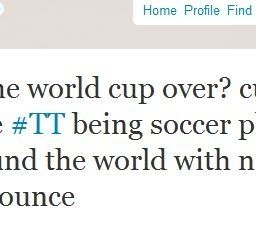
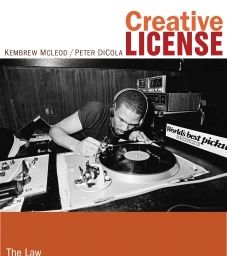
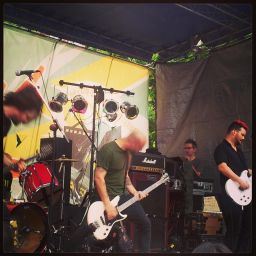
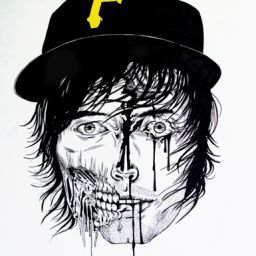

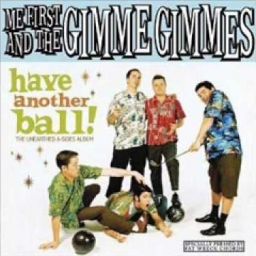
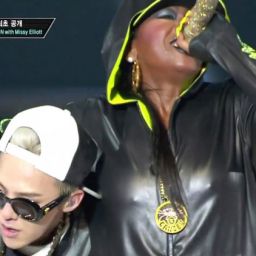
[…] of course, music blogs remain a major player in online music fandom. I’ve written about my take on the future of music criticism before. Music blogs like Pitchfork and Brooklyn Vegan don’t appear to have the same level […]